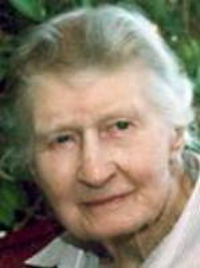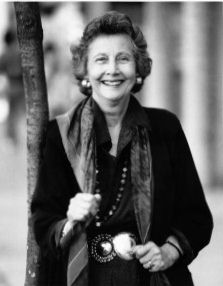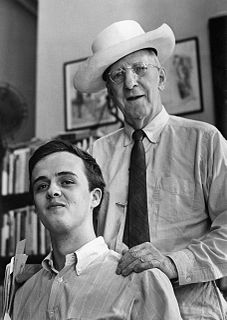A Quote by Edgar Allan Poe
I would define, in brief, the poetry of words as the rhythmical creation of Beauty.
Related Quotes
Is beauty a reminder of something we once knew, with poetry one of its vehicles? Does it give us a brief vision of that 'rarely glimpsed bright face behind/ the apparency of things'? Here, I suppose, we ought to try the impossible task of defining poetry. No one definition will do. But I must admit to a liking for the words of Thomas Fuller, who said: 'Poetry is a dangerous honey. I advise thee only to taste it with the Tip of thy finger and not to live upon it. If thou do'st, it will disorder thy Head and give thee dangerous Vertigos.
Yet how strange a thing is the beauty of music! The brief beauty that the player brings into being transforms a given period of time into pure continuance; it is certain never to be repeated; like the existence of dayflies and other such short-lived creatures, beauty is a perfect abstraction and creation of life itself. Nothing is so similar to life as music.
There's no difference between lyrics and poetry. Words are words. The only difference is the people who are in academic positions and call themselves poets and have an academic stance. They've got something to lose if they say it's all poetry; if there's not music to it, and you have to wear a certain kind of checkered shirt or something like that. It's all the same. Lyrics are lyrics, poetry is poetry, lyrics are poetry, and poetry is lyrics. They are interchangeable to me.





































